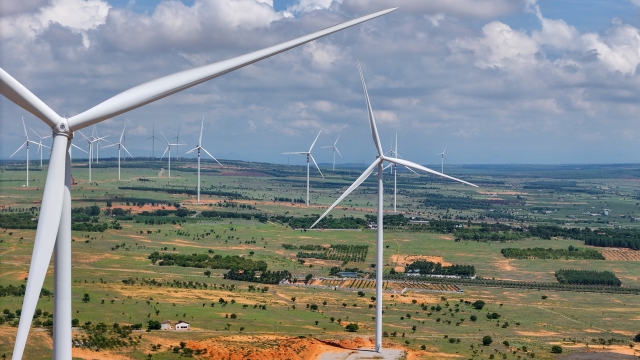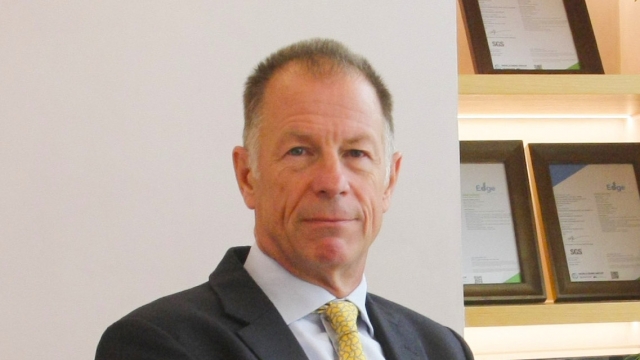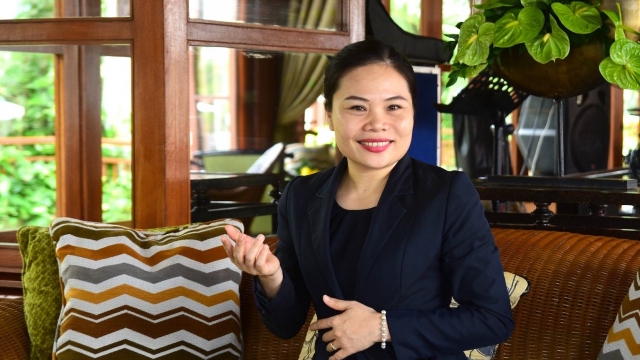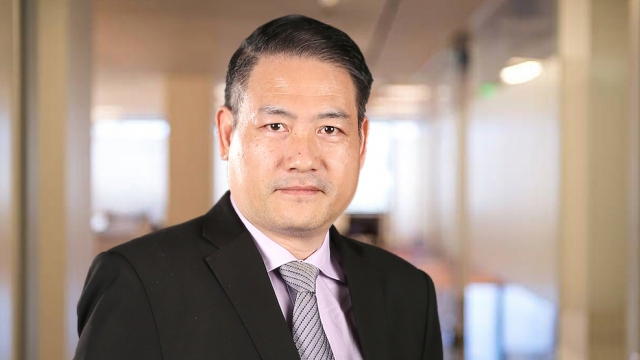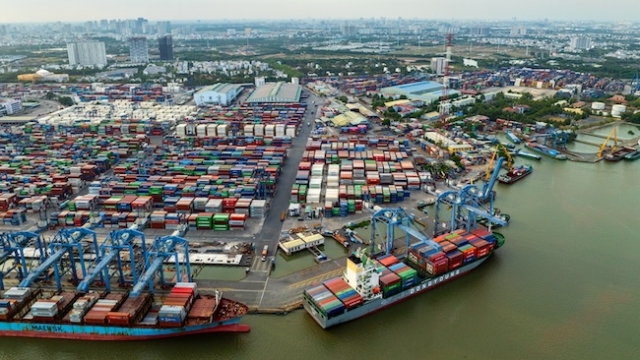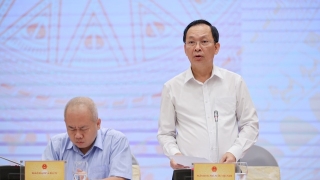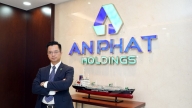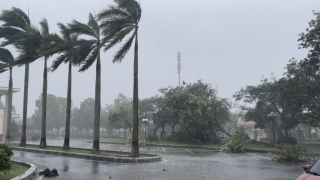Leader Talk
Conglomerates in Southeast Asia showing underperformance
Conglomerates in Southeast Asia have historically outperformed their global counterparts in total shareholder returns but this outperformance has since been eroding, according to a recent EY-Parthenon report.

The 10-year annual average total shareholder returns (TSR) between 2002 and 2011 of conglomerates in Southeast Asia (SEA) was a staggering 34 per cent, 20 percentage points higher than conglomerates in the rest of the world. This difference dropped to 3pp between 2012 and 2021, with the average annual TSR for conglomerates in SEA slipping to 14 per cent, compared to their global counterparts at 10 per cent.
The historically high returns of these conglomerates in SEA can be attributed to the inherent advantages they had in the 2000s. These include easy access to capital, strong government relations, and early exposure to high-growth sectors like energy, commodities, and industrials in the region. However, the upsides of these advantages are rapidly fading.
The portfolio mix for SEA conglomerates had centered in the industrials, energy, and consumer products sectors since 2001, which had been performing strongly previously. However, over the past decade, these sectors saw diminishing returns, leading to a dip in the business performance of SEA conglomerates. Yet, SEA conglomerates did not engage in any material reallocation exercises or expand their focus to other sectors.
In fact, the report revealed that SEA conglomerates had very limited exposure to emerging sectors, such as health care or technology, media, and telecommunications, which generated very high returns in the past decade.
Also, conglomerates in SEA are increasingly challenged by pure plays and a growing ecosystem of startups with innovative business models. In the last decade, pure-plays were able to generate better returns in both traditional and emerging sectors; in fact, they now outperform conglomerates in SEA with TSR higher by as high as 37 per cent in some sectors.
“The gap in TSR is a clear indicator of the underperformance of conglomerates. Having said that, a deeper study of the companies revealed that some were able to consistently outperform their peers. Hence, there are opportunities for conglomerates in SEA to better understand their attributes and strengths and enhance their performance,” says Sriram Changali, EY Asean value creation leader.
Understanding unique characteristics and refining strategies to win in the next decade
“SEA conglomerates have remained rather ‘loyal’ and chose to focus on sectors that they have been familiar with. Hence, we are seeing that the sector revenue contribution of conglomerates in SEA remained rather consistent since 2003", says Andre Toh, EY Asean and Asia-Pacific valuation, modeling and economics leader.
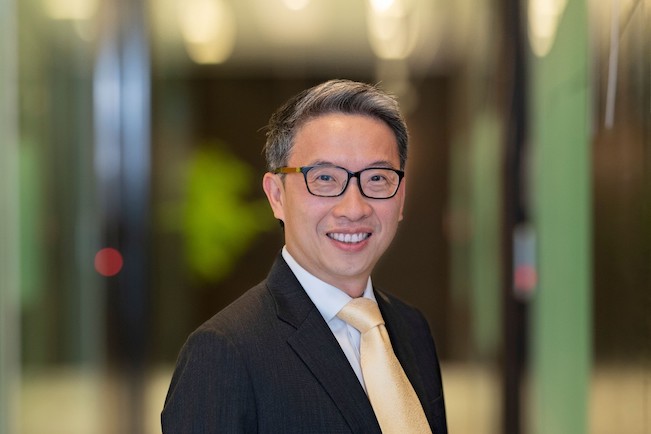
Yet, with the fast-evolving business landscape where sectors that may have performed well previously no longer bring the same returns in the future, conglomerates in SEA need to have a flexible and well-defined capital allocation strategy.
Compared to their global counterparts, conglomerates in SEA are less diversified, with the top three sectors they operate in representing some 90% of the total revenues, compared to 75% for global conglomerates.
They are also more family-owned, have fewer portfolio companies, and have a smaller footprint than global conglomerates.
Andre Toh states that they should actively identify and invest in newer emerging sectors and markets, which helps them future-proof their portfolio while shedding laggards from their balance sheets. With an understanding of their unique characteristics, a tailored value-creation approach can help SEA conglomerates to regain dominance over the next decade.
The EY-Parthenon study proposes four strategic pillars that SEA conglomerates can focus on to help them achieve success.
Firstly, develop an agile capital allocation strategy to future-proof their portfolio and increase exposure to higher-growth sectors such as technology and health care while balancing that with exposure to dividend-yielding, lower-risk, and capital-heavy sectors.
Secondly, build a digital ecosystem to drive productivity and new revenue streams and start investing in venture-building capabilities.
Thirdly, build a mindset of creating long-term value by integrating sustainability as a long-term group strategy embedded in each business of the conglomerate.
Last but not least, move toward asset-light business models and improve valuation multiples by shifting toward the deployment of third-party capital.
Five lessons Vietnamese startups can learn from VinFast
Financing Southeast Asia’s energy transition
The energy transition is bringing forth new challenges, particularly in refining financial systems.
Few countries are better placed than Vietnam for consistent robust growth
Alex Hambly talks about investment opportunities in Vietnam following his appointment as chief investment officer (CIO) of VinaCapital.
The secret to employee retention
As Furama-Ariyana Danang international tourism complex has just won the “Best Companies to Work for in Asia” HR Asia Awards 2024, TheLEADER talked with its HR and training director Nguyen Thi Minh Tam to find out more.
Young leader of Timor-Leste: Vietnam offers valuable lessons for growth
The young leader of East Timor emphasizes that Vietnam has a lot of development experience that East Timorese businesses can learn and cooperate with.
May the draft amendment of VAT law demotivate Vietnam’s export growth?
A prominent issue for many Vietnamese businesses concerns the proposed narrowing of the 0 per cent VAT rate for export services.
Vietnam in a new FDI shift
HSBC discusses Vietnam's role in supply chain relocation and outlined essential strategies for the country to enhance its appeal for attracting and retaining FDI.


















